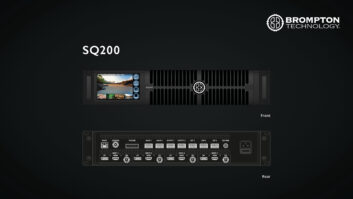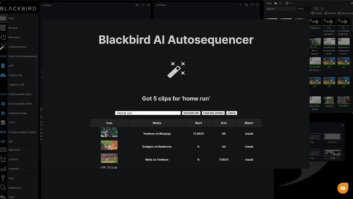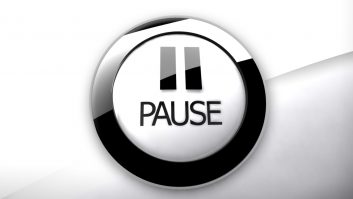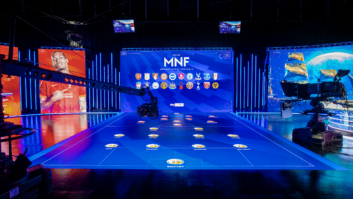The Digital TV Group (DTG) has admitted that it is still unclear about the exact nature of BBC’s Canvas proposition, writes Adrian Pennington.
In April the DTG’s membership voiced confusion over the BBC’s precise project definition, querying whether it was a platform, a service, a user interface or a receiver specification.
“We’re still not 100% sure what it is going for,” Simon Gauntlett, DTG Technology Director told TVB Europe. “My personal opinion is that it is likely to be a platform. We are trying to achieve a common way of accessing internet delivered services on the TV which to me is a platform, not a replacement for Freeview or Freesat.”
Asked whether he thought Canvas would see the light of day, Gauntlett replied: “I think everybody from CE and STB manufacturers, ISPs to broadcasters here and in Europe are behind the concept. The concept will happen whether it’s Canvas or some other form.”
The DTG is due to publish D-Book 7 containing the core specifications for delivery of IP services, including Canvas, Skyplayer over Freeview and Arqiva’s SeeSaw (the former Project Kangaroo) to TV and set-top boxes in March, but there are doubts as to how much will be included.
“I expect D-Book 7 to include specs for push VoD services and some form of iPlayer on Freeview,” says Gauntlett. “We are trying to get all the connected TV specifications from Canvas, SeeSaw and others in by March, but it’s a tight timescale.”
The BBC had made massive steps towards engagement with the industry. “From a process that seemed behind closed doors it is now fully engaged with the DTG in presenting their requirements and thoughts,” he said.
The DTG has just embarked on a series of steering group meetings to capture the commercial requirements of interested parties including manufacturers, broadcasters and, for the first time, ISPs.
“We’ve targeted ISPs and those making IPTV services to give us a fresh perspective on IP delivery and how IP interests can work in the connected TV environment with those of the traditional broadcast engineer,” he explained. New members include Alcatel Lucent, Krypton TV, Tiscali, Mgt Solutions, Amino, Irdeto and Telegent.
Detailed work will then take place in subgroups examining issues of technical IP delivery such as multicast or progressive downloads, metadata, audience measurement, device and architecture. It will also deal with controversial areas such as a security whether conditional access for pay-TV (like top-up services) or DRM.
The group is also working to achieve commonality with French and German initiative HbbTV.







